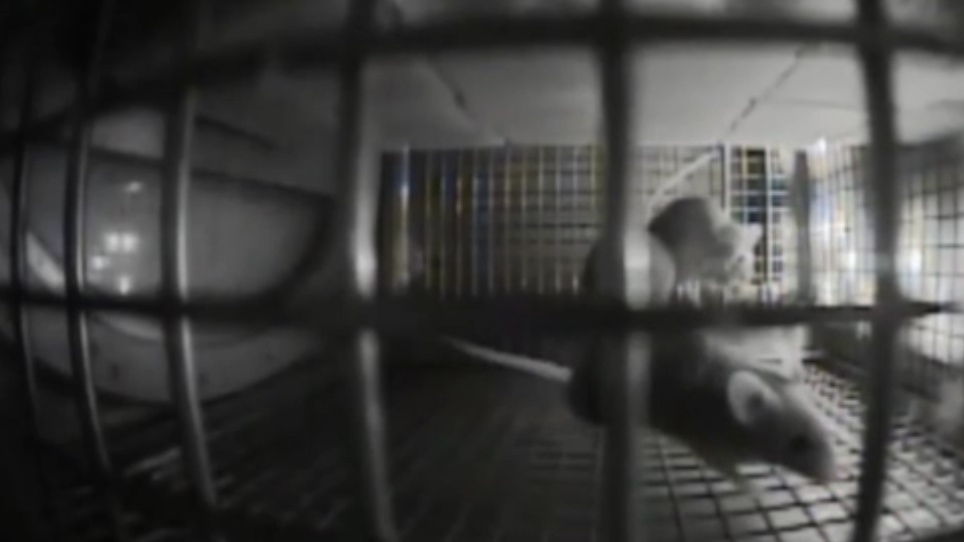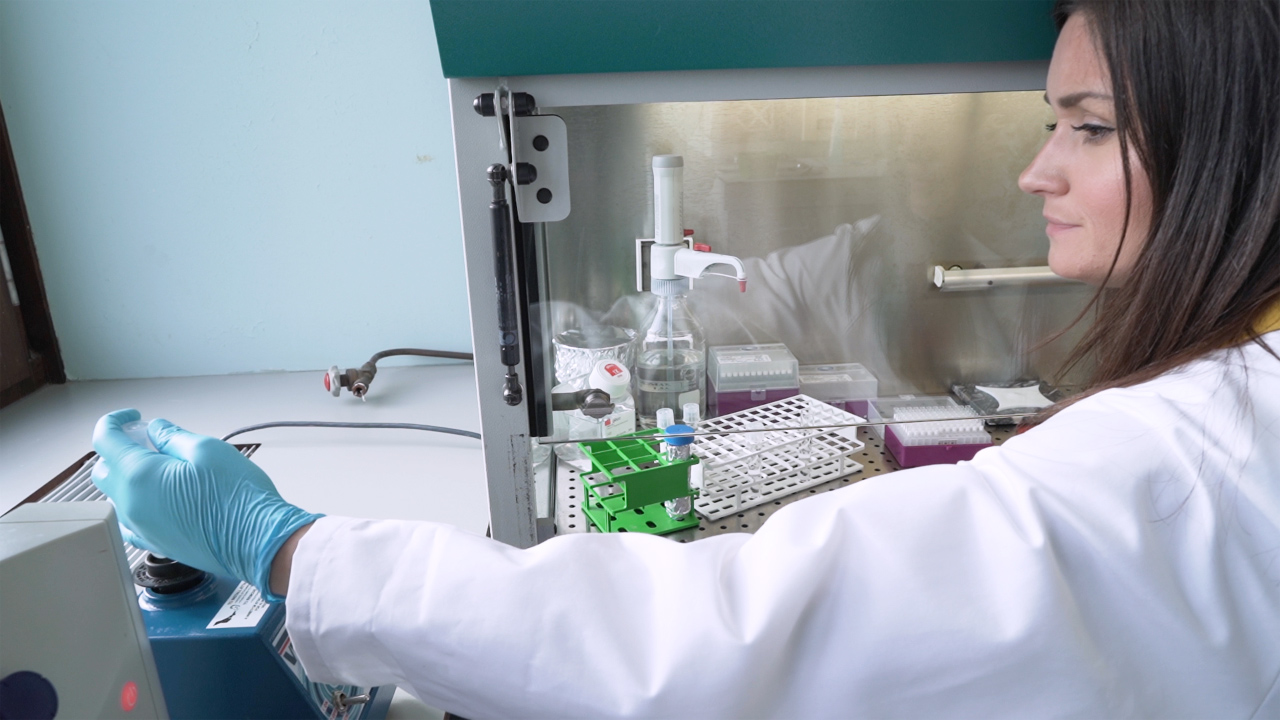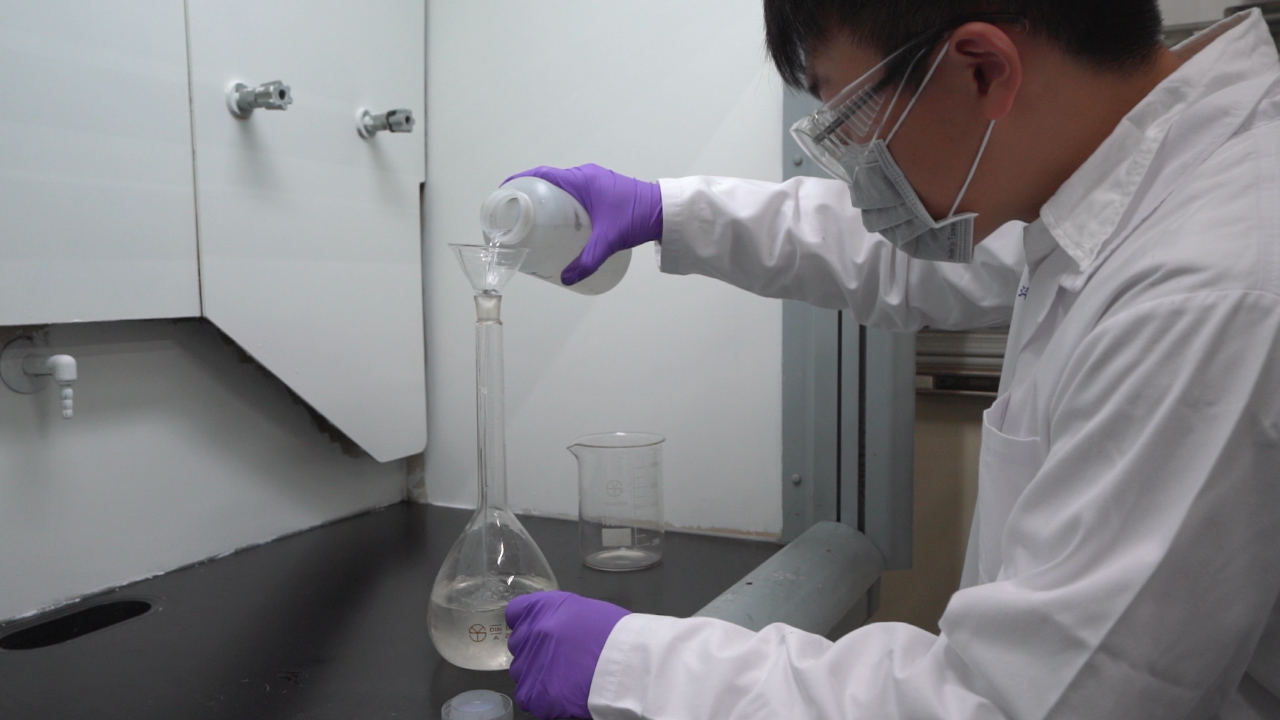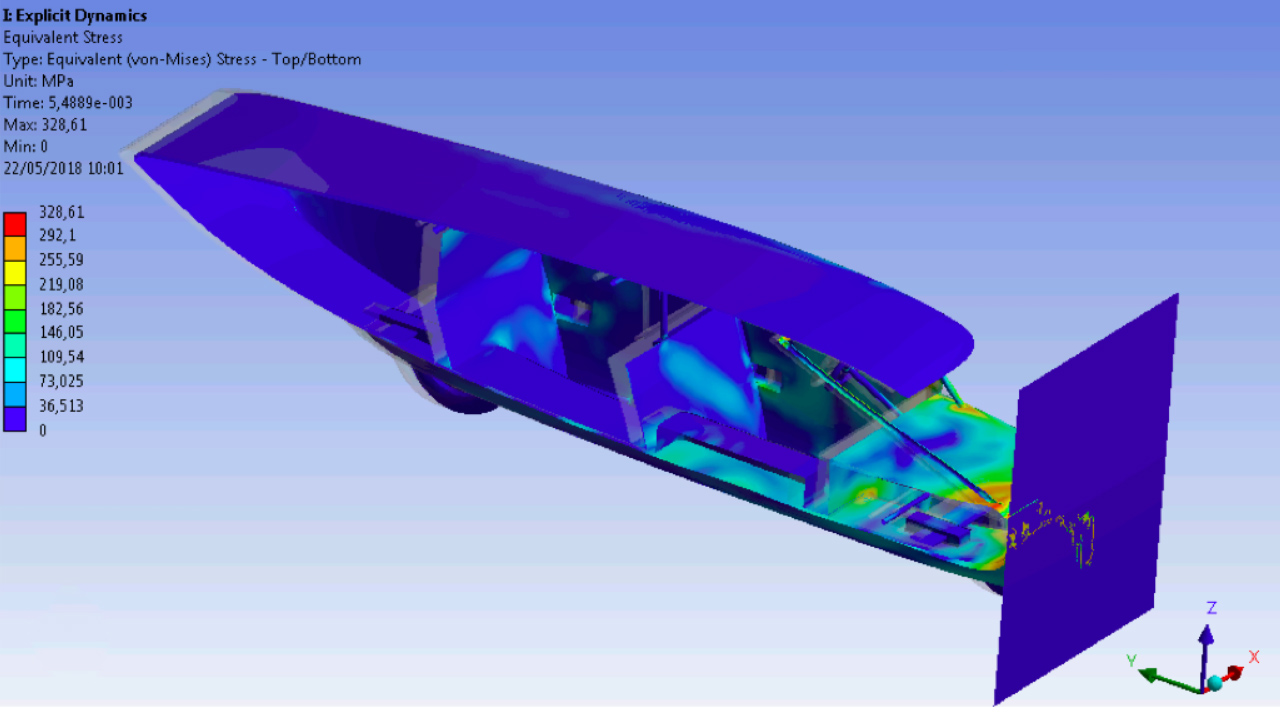Exploring the Effects of Spaceflight on Mouse Physiology using the Open Access NASA GeneLab Platform
The NASA GeneLab platform provides unfettered access to precious omics data from biological spaceflight experiments. We describe how a typical mouse experiment is conducted in space and how data from such experiments can be accessed and analyzed.
An In Vitro Model of a Parallel-Plate Perfusion System to Study Bacterial Adherence to Graft Tissues
We describe an in-house designed in vitro flow chamber model, which allows the investigation of bacterial adherence to graft tissues.
Extending the Lifespan of Soluble Lead Flow Batteries with a Sodium Acetate Additive
A protocol for the construction of a soluble lead flow battery with an extended lifespan, in which sodium acetate is supplied in the methanesulfonic electrolyte as an additive, is presented.
Structural Design and Manufacturing of a Cruiser Class Solar Vehicle
In this work, several aspects related to the structural design process of a full-carbon fiber-reinforced plastic solar vehicle are detailed, focusing on the monocoque chassis, the leaf springs, and the vehicle as a whole during a crash test.






